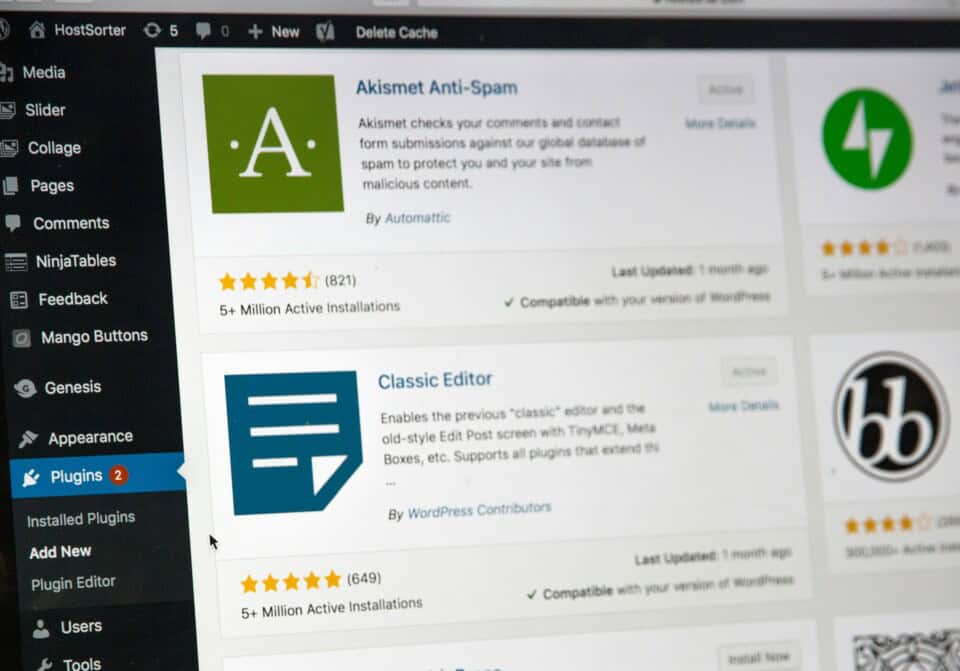Migrating a website is a significant step for any business. Imagine moving your office from one location to another—you want to ensure everything is set up just right in the new place. Similarly, when you migrate a website, there’s a lot to consider to make sure the transition is smooth and that your website continues to function efficiently. For small to medium businesses, the process can feel overwhelming, especially if web development isn’t your area of expertise. Understanding the key factors in migration can make this transition more manageable.
Website migration involves more than just transferring content from one place to another. It requires careful planning, addressing technical aspects like SEO readiness and performance, which are crucial for maintaining your site’s effectiveness. Whether you’re seeking enhanced security, better features, or improved user experience, addressing these factors before migrating can save time and prevent potential headaches.
Understand the Reasons for Migration
Before handling technical aspects, it’s important to clarify why you’re considering migration. This is like planning a route before a road trip. Businesses often migrate websites for reasons such as:
– Performance Issues: If your website is sluggish, consider whether your current setup can handle your needs. Making your site faster keeps visitors engaged.
– Improved Security: As security threats evolve, you might need to migrate to a service with enhanced protection measures.
– New Features: Migrating can grant access to modern features, enhancing user experience.
By identifying your current site’s limitations, you can plan for future needs, ensuring your new site is well-equipped for your business goals.
Assess Hosting Requirements
Choosing the right hosting service is crucial in migration. Just as you wouldn’t move a retail store to an inadequate space, you need to ensure your website’s new host can handle your needs. Consider these when assessing hosting needs:
1. Evaluate Current and Future Needs: Consider your site’s traffic and anticipated growth. Ensure the hosting plan supports your site’s bandwidth needs.
2. Explore Hosting Options: Options like shared hosting, VPS hosting, or dedicated servers offer varying levels of control and cost.
3. Consider Reliability and Support: Seek a host with reliable uptime statistics and strong customer service to help when needed.
This step secures a stable foundation for your website, minimizing issues and downtime.
Plan the Migration Process
A well-thought-out migration process is essential. It guides you, helps you stay on track, and ensures a safe switch to your new site. To start:
1. Create a Timeline: Set realistic deadlines for each phase to keep the project moving.
2. Assign Responsibilities: Decide who will handle tasks, ensuring clear responsibilities.
3. Prepare for Contingencies: Identify possible issues and plan how to address them, minimizing downtime.
4. Back Up Your Website: Ensure a complete backup to recover your site if issues occur.
Paying attention to details here ensures minimal disruption during the switch.
Test and Optimise Post-Migration
After migration, testing ensures the website functions as expected. It’s like checking each room of a new house. Focus on these areas during testing:
– Functionality: Ensure all links, forms, and interactive elements work correctly.
– Speed: Use tools to check load time and adjust to keep visitors engaged.
– SEO Readiness: Confirm all SEO elements are correctly migrated. Ensure URLs are SEO-friendly and redirects are in place.
Addressing issues guarantees users a seamless experience on your new site.
Smooth Transitions and Future Growth
Successfully migrating a website prepares it for future growth. Proper planning, testing, and optimisation ensure your site is ready for business, meeting audience needs. A well-migrated site opens doors to new opportunities, such as improved user engagement and enhanced security. With a solid foundation, your website evolves into a robust platform. Doing it right means peace of mind today and readiness for future challenges.
Ready to take your site to the next level? Learn how expert website development from Nimble Digital UK can help you migrate smoothly and build a stronger digital presence tailored to your goals. Let us take the stress out of the process so your business can keep growing without missing a beat.



